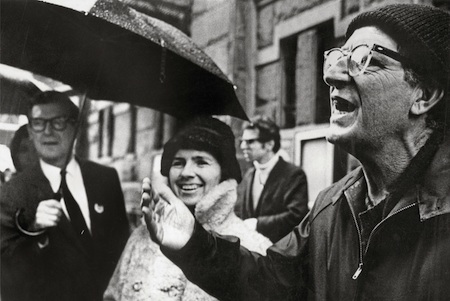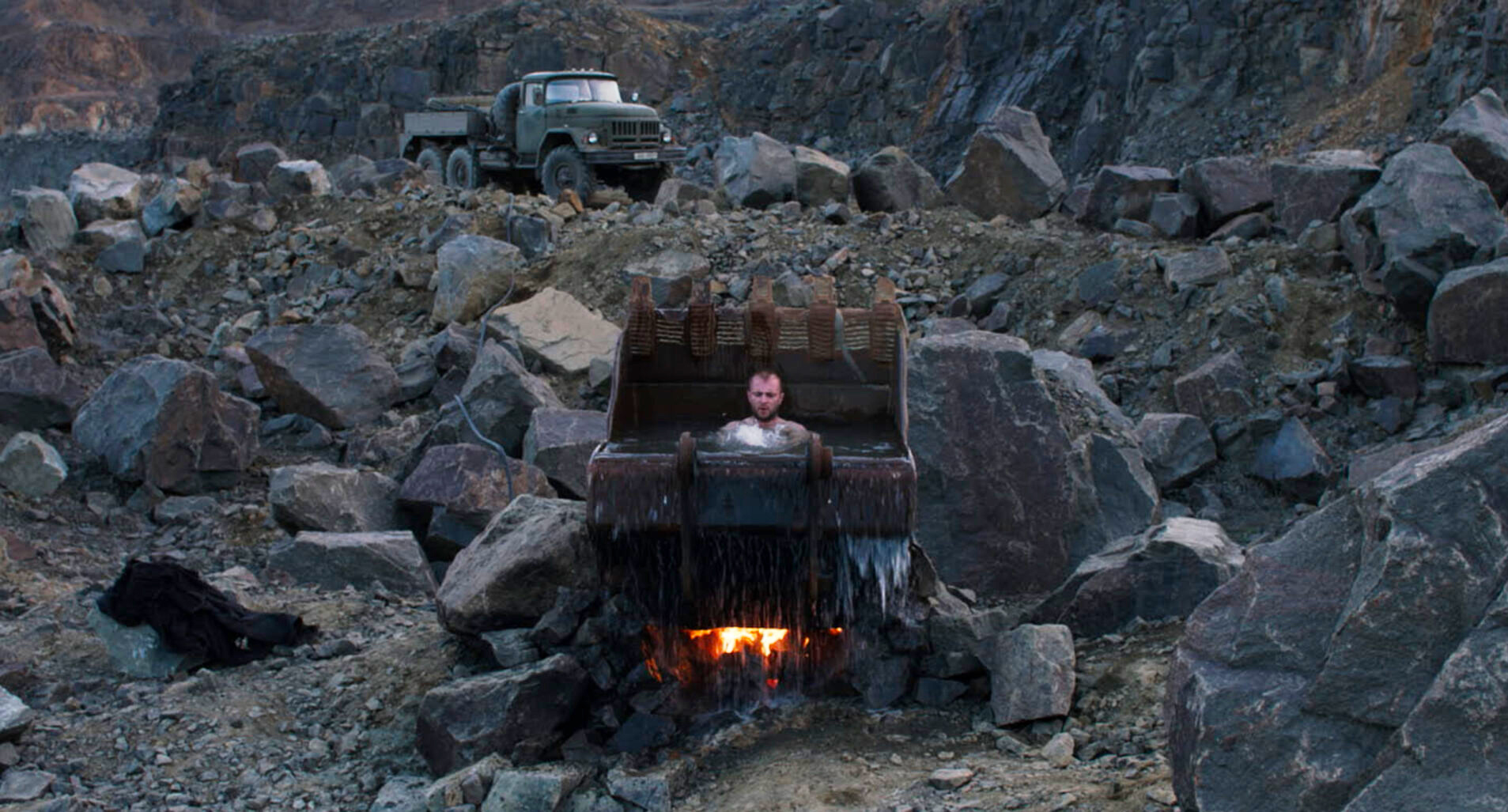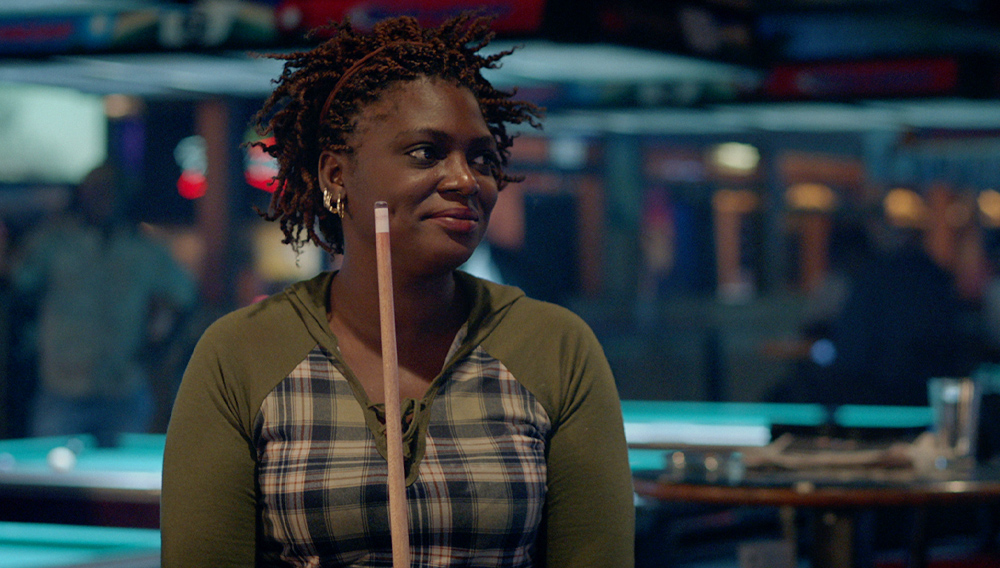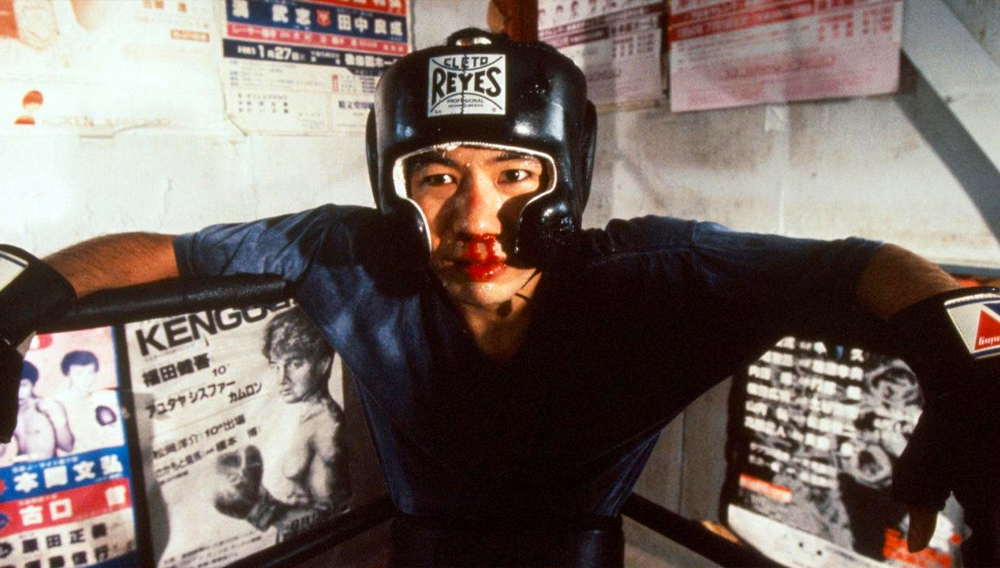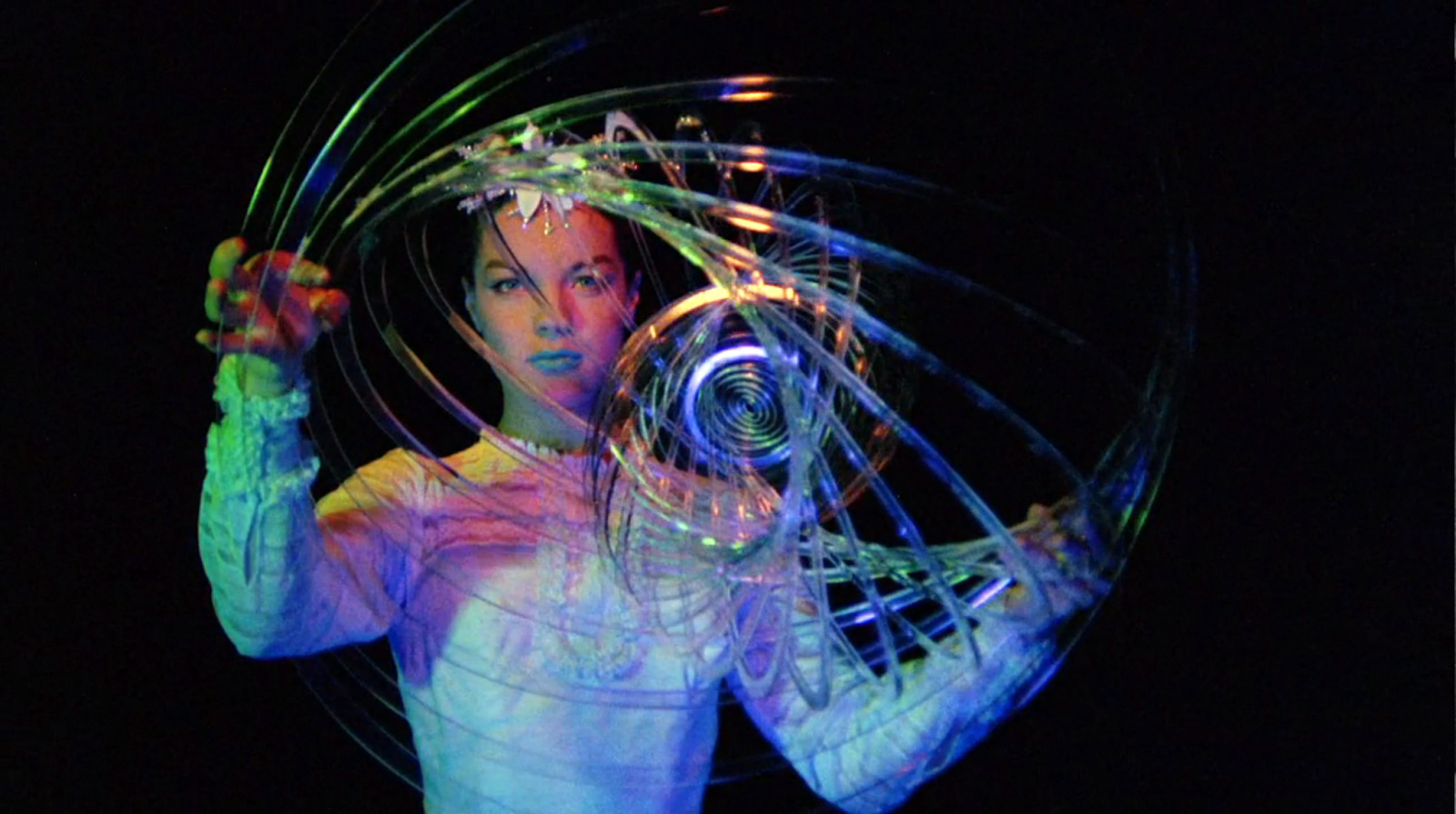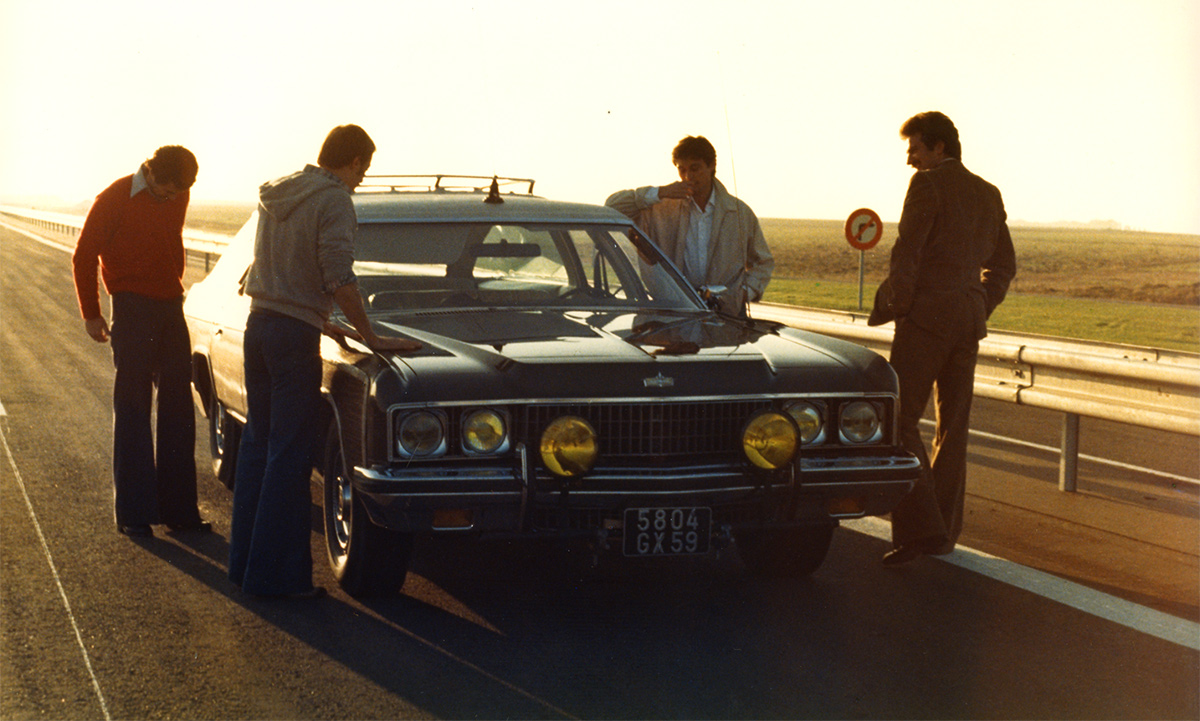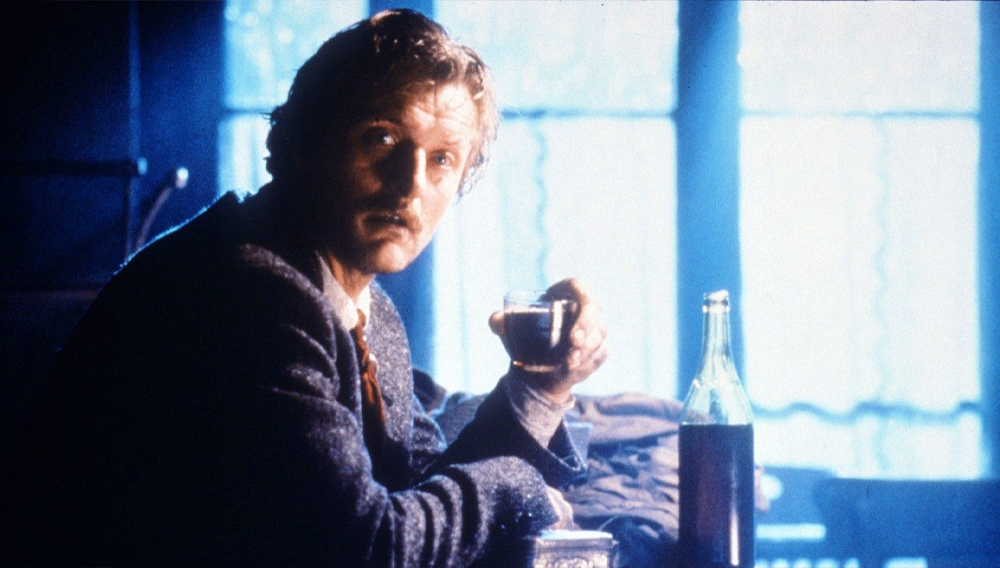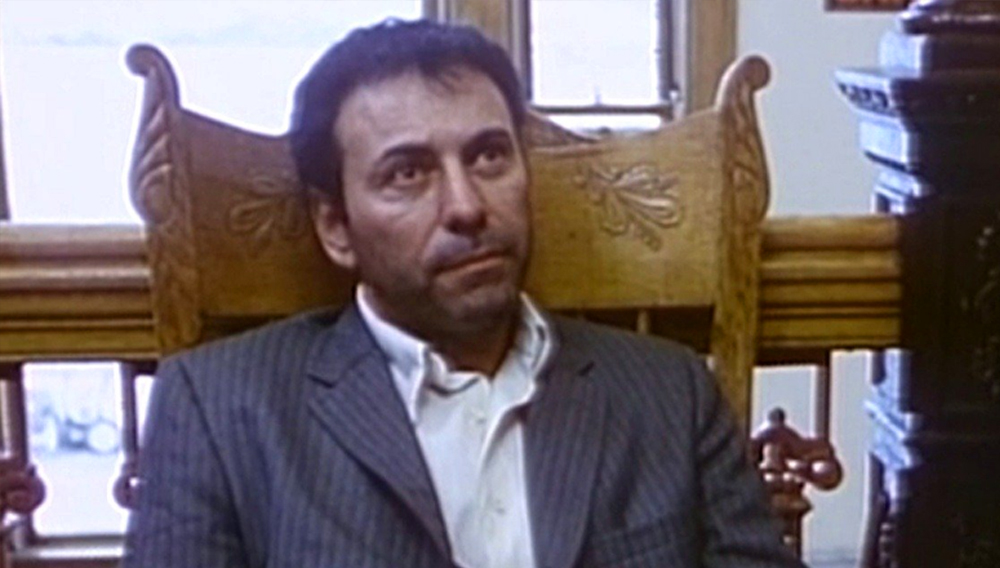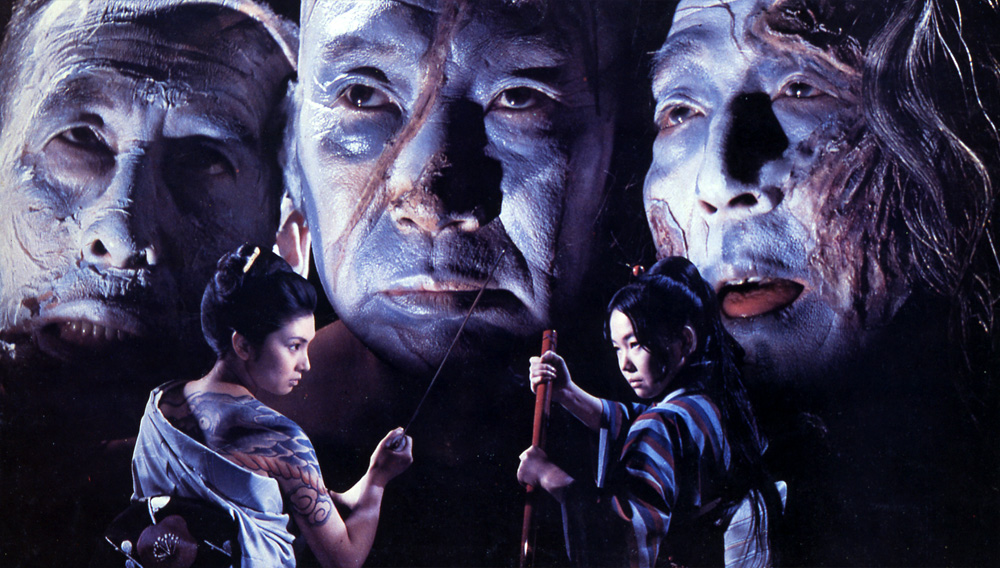“Mr. Paul Goodman is, roughly speaking, everything except, as far I know, [a] basketball player. Everything else he excels in.” So says William F. Buckley, Jr. leading into his Firing Line interview, an introduction borrowed by director Jonathan Lee for Paul Goodman Changed My Life. The documentary’s underlying nostalgia for a time when intellectuals could aspire to a wide audience begins here: The point isn’t Buckley’s sardonic drawl or Goodman’s hip wit, but rather that these two brains were mixing it up on national television. As Lee’s film makes abundantly clear, Goodman fully inhabited the public intellectual appellation, crossing intellectual disciplines with abandon and freely admitting his bisexuality years before anyone held a sign saying “the personal is political.”
There is always a question with the admiring documentary portrait, which as a genre can be traced back to the lives of saints, as to how you tell a life in 90 minutes or less. Every existence is complex, but Goodman’s was extravagantly so. The film hops with great interest between his major accomplishments (the 1960 bestseller Growing Up Absurd is being republished next month by the New York Review of Books), special areas of interest (gestalt therapy, decentralized social infrastructure, radical pedagogy), and domestic situations (a traditional family life interspersed with promiscuous hours “chasing love in all the wrong places”). What’s remarkable is that Lee doesn’t need to resort to pop psychoanalyzing to make it all cohere: Goodman took care of that by consistently relating his ideals to his own daily existence. Many of the speakers interviewed in the film speak to Goodman’s guiding honesty, the ways in which it extended beyond the realm of pure ideas to everyday life and back again. Goodman himself explains that all his various works come down to the question of the individual organism and the environment, which helps explains why in spite of its pat dismissals of the culture industry, Growing Up Absurd mirrors some of the best American films of its time, everything from Nicholas Ray and Frank Tashlin’s mad movies to downbeat narrative experiments like Shadows (1959), The Savage Eye (1960), The Exiles and The Connection (both 1961).
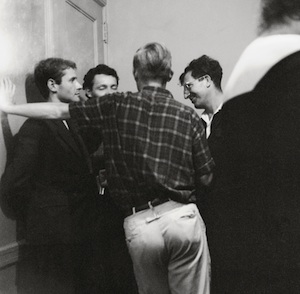
Goodman arrived at his life in letters through poetry and fiction, pastimes he sustained even as he became better known as a social critic. Somewhat surprisingly, it’s the recitations of these lyrics in Paul Goodman Changed My Life that bring the viewer closest to the fire of an independent mind. These uninterrupted texts balance the emphasis otherwise placed on Goodman’s image, photographs limning the surface of his raffish charisma. A picture may say a thousand words, but several hundred variations of the same picture arguably risks saying nothing at all.
Paul Goodman Changed My Life mostly hews to the chronology of its subject’s lifetime, though a striking moment of intergenerational psychodrama plays out on a talk show when young hippies press Goodman on his radical credentials. Goodman is bracingly candid in his assessment of the 1960s youth culture, but he looks tired: disillusionment doesn’t really suit his intellectual style. Susan Sontag’s 1972 eulogy gets to the heart of Goodman’s influence by emphasizing a voice rather than a doctrine. “It was that voice of his that seduced me,” she writes, “that direct, cranky, egotistical, generous American voice.”
It’s difficult not to think of Occupy Wall Street watching Paul Goodman Changed My Life. Lee made the film before a new wave of activists revived Goodman’s plainspoken advocacy of decentralization and moral integrity, though nothing prevented the director from relating the libertarian flavor of Growing Up Absurd to current debates raging about school reform. Influence often plays out in unpredictable ways, after all, and one can easily imagine the subject providing fodder for a collage filmmaker like Adam Curtis (who might well have conceived the film as a dialectical co-biography of Goodman and Buckley). But Lee’s film is a most welcome primer even if agreement carries the day when it comes to discussing the impact of Goodman’s life in dissent.

